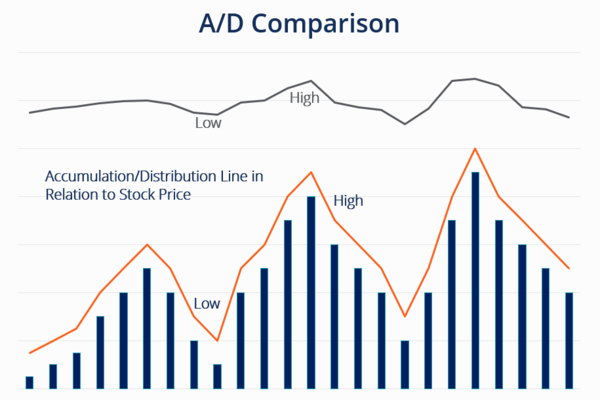Selling is a term used in the stock or Securities market to describe the
behavior and market supply of investors selling stocks or securities, also known
as selling out or selling square. The selling order represents the overall
quantity and selling pressure of the sold order.

When investors want to sell their stocks, they will hang the stocks on the
selling list and wait for the buyer to bid to buy them. The quantity and price
of the selling order will affect the supply and price trend of the stock. If the
number of selling orders is large, it means that more sellers are willing to
sell stocks, which may lead to a decrease in stock prices. On the contrary, if
the number of selling orders is small, it means that the supply is limited,
which may drive up stock prices.
Therefore, selling is considered a manifestation of the market's selling
power.
The formation of selling orders is usually related to multiple factors. This
may include market sentiment, economic data, corporate performance, and news
events. When investors are pessimistic about the market outlook, weak economic
growth expectations, or companies release bearish news, they may exhibit
stronger selling behavior. In addition, the selling decisions of seller
institutions, investment funds, and individual investors also directly affect
the formation of selling orders.
The opposite of selling is buying, which is used to describe investors'
behavior in purchasing stocks or securities and market demand, representing the
overall number of buying orders and buying pressure.
In the stock market, buying refers to the willingness and demand of investors
to purchase stocks at a certain price, also known as a buying order or buying
square. The buying price can be lower than the current price or higher than the
current price.
The gap and balance between selling and buying are important indicators of
market supply and demand. If the selling price exceeds the buying price, the
market shows a relatively strong seller trend, and stock prices may fall. On the
contrary, if buying exceeds selling, the market shows a relatively strong buyer
trend, and stock prices may rise.
Selling and Buying
|
Sell-side |
Buy-side |
| Definition |
Term used to describe the action of investors selling stocks or securities and the market supply. |
Term used to describe the action of investors buying stocks or securities and the market demand. |
| Synonyms |
Sell-off, sellers' side |
Buy-side, buyers' side |
| Represents |
Overall quantity of sell orders and selling pressure. |
Overall quantity of buy orders and buying pressure. |
| Influencing Factors |
Market sentiment, economic data, company performance, news events, etc. |
Market sentiment, economic data, etc. |
| Role |
Reflection of market selling pressure. |
Reflection of market buying pressure. |
For investors, it is very important to understand and analyze the situation
of buying and selling, as this knowledge can help them better grasp market
trends. In addition, changes in buying and selling not only depend on supply and
demand relationships but are also influenced by other factors. When conducting
transactions, investors must look and think before making decisions to minimize
risks.
Disclaimer: This material is for general information purposes only and is not intended as (and should not be considered to be) financial, investment or other advice on which reliance should be placed. No opinion given in the material constitutes a recommendation by EBC or the author that any particular investment, security, transaction or investment strategy is suitable for any specific person.







